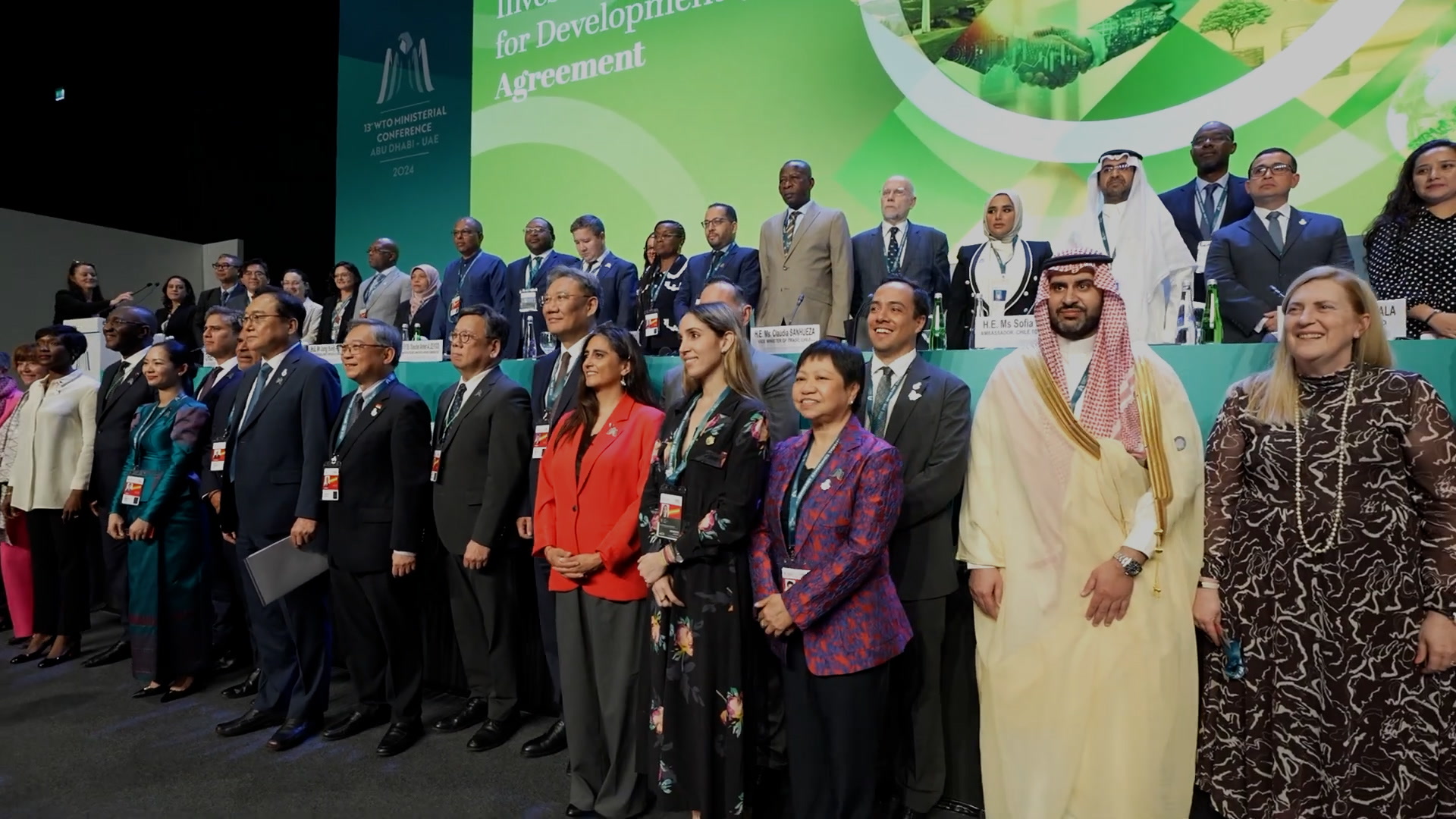36,000 people applied to become an Iraqi government minister

Iraq's plan to attract new ministers has drawn widespread interest. Image: REUTERS/Abra

Get involved with our crowdsourced digital platform to deliver impact at scale
Stay up to date:
Geopolitics
The new government in Iraq has adopted an unusual recruitment drive to attract new ministers. In a move that has garnered widespread interest, members of the public were invited to apply for ministerial posts through a special government website.
Adel Abdul Mahdi, nominee for Iraqi prime minister, welcomed applications from people with the “expertise, specialisations and practical experience” to join his ministerial team. The move is an attempt to form a government of technocrats free from the divisive political and ethnic undercurrents that have rocked the country’s recent history.
As the application deadline passed, 36,006 Iraqi citizens had forwarded their names for consideration, although only 9,317 of those submitted all the required documentation. On his Facebook page, Mahdi paid proud tribute to the number and diverse range of candidates eager to become ministers, stating: “Some 97% of the hopefuls are politically independent, 15% are women, and candidates come from all of Iraq's provinces".
Candidates were asked which ministry they would like to lead. They were also asked to outline their thoughts on successful leadership as well as suggesting some practical solutions to some of the country’s problems.
The successful applicants face the formidable job of helping Mahdi rebuild a country that has been devastated by years of conflict with Islamic State militants. The war has destroyed thousands of homes and businesses and displaced more than 3 million Iraqi residents.
A brighter future?
However, the influence of Islamic State in Iraq is now diminishing. Last year, IS militants committed 23% fewer attacks and caused 53% fewer deaths in 2017, compared to the previous year, according to US State Department research.
The same research points to the falling numbers of terrorist attacks and deaths in Iraq as one of the main reasons behind a global drop in terrorism activity worldwide.
In 2017, the number of terrorist attacks fell by 23% to 8,584 incidents, down from 11,150 the previous year. Iraq, Afghanistan, India, Pakistan and Philippines accounted for 57% of all recorded terrorist attacks.
At the same time, 7,000 fewer terror-related deaths were recorded in 2017 than the previous year, with 70% of mortalities concentrated in five countries embroiled in conflict: Iraq, Afghanistan, Nigeria, Somalia and Syria.
Don't miss any update on this topic
Create a free account and access your personalized content collection with our latest publications and analyses.
License and Republishing
World Economic Forum articles may be republished in accordance with the Creative Commons Attribution-NonCommercial-NoDerivatives 4.0 International Public License, and in accordance with our Terms of Use.
The views expressed in this article are those of the author alone and not the World Economic Forum.
The Agenda Weekly
A weekly update of the most important issues driving the global agenda
You can unsubscribe at any time using the link in our emails. For more details, review our privacy policy.
More on GeopoliticsSee all
Kate Whiting
April 4, 2024
Laia Barbarà and Claudia Galea
March 12, 2024
Robin Pomeroy
March 1, 2024
Nicolai Ruge and Danny Quah
February 28, 2024
Gayle Markovitz
February 23, 2024








